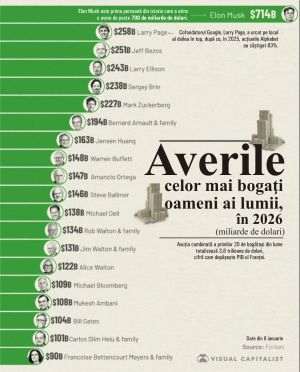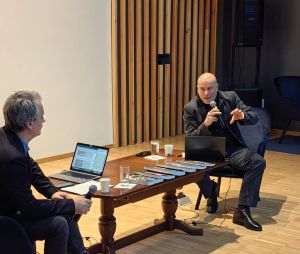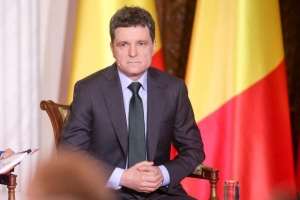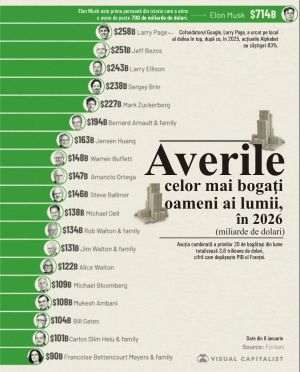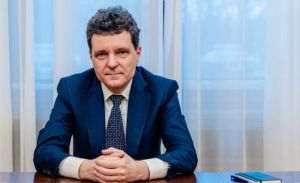The International Football Federation (FIFA) is constantly involved in controversies related to its leaders. Vassilios Skouris, a senior FIFA official, a Greek jurist, holds two positions simultaneously that raise questions about possible conflicts of interest. He is the chairman of FIFA's ethics committee, for which he receives an annual salary of at least $215,000, and a member of Committee 255, a European Union structure that evaluates candidates for the Court of Justice of the European Union (CJEU). The main concern is that FIFA frequently appears before the Court of Justice of the European Union in various important legal cases. This could create a sensitive situation because Skouris, in his role on the 255 Committee, has a say in selecting the judges who might deliberate on these cases. According to politico.eu, an expert in EU law, quoted anonymously due to the sensitivity of the subject, said: "It is similar to a lawyer working for Google or Microsoft, being involved at the same time in the selection committee of judges who could decide cases involving such companies." High-profile cases involving FIFA include an impending case over the future of football's transfer system and another over FIFA's proposed rules to control football agents. While there is no evidence that Skouris used his influence to reject certain candidates in order to influence future football-related cases, transparency experts stress that even the mere perception of a conflict of interest should be avoided. Alberto Alemanno, professor of law at HEC Paris, stressed that committee members should follow the highest standards of public integrity and avoid any situation that could create suspicion. Vassilios Skouris was the President of the CJEU from 2003 to 2015 and became a member of the 255 Committee in March 2022. He is also the President of the FIFA Ethics Committee since 2017.
• FIFA denies conflicts of interest
A FIFA spokesman said the organization "sees no conflict of interest", arguing that "no decision taken by the Ethics Committee has ever come before the Court of Justice of the European Union". Skouris declined to comment directly on the situation. According to Politico, Committee 255, established in 2010, is made up of seven judges and has the role of examining candidates proposed by member states for the Court of Justice of the European Union, before its recommendations are sent to the Council of the European Union. The Council is not bound to follow the advice of the committee, it has generally respected the assessments of the 255 Committee. A CJEU spokesman said it was "impossible" for a member of the 255 Committee to use his position to influence the outcome of cases pending before the court. However, legal observers point out that, given the hundreds of cases that reach the CJEU each year, it is difficult for committee members to be completely free of any possible conflicts of interest. They generally have other professional roles, such as teaching at European universities.
The 255 Committee has been criticized for a lack of transparency in its deliberations. In 2019, the European Ombudsman rejected a complaint seeking public access to the committee's opinions, arguing that this discretion is necessary to allow the committee to express clear and robust opinions about candidates.




